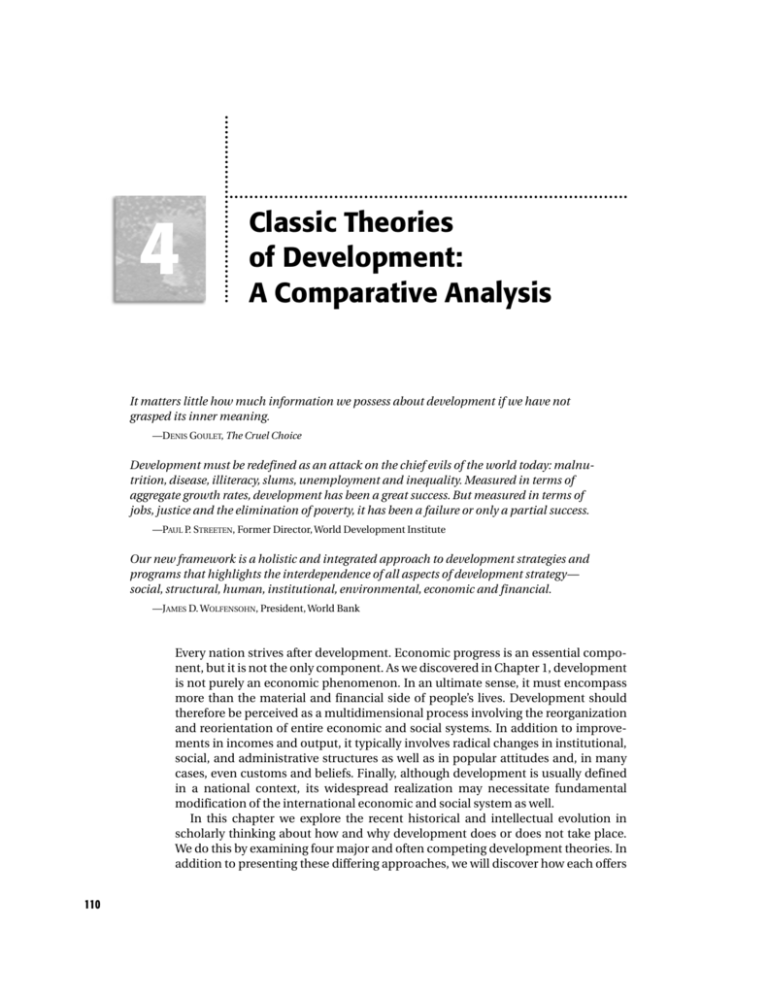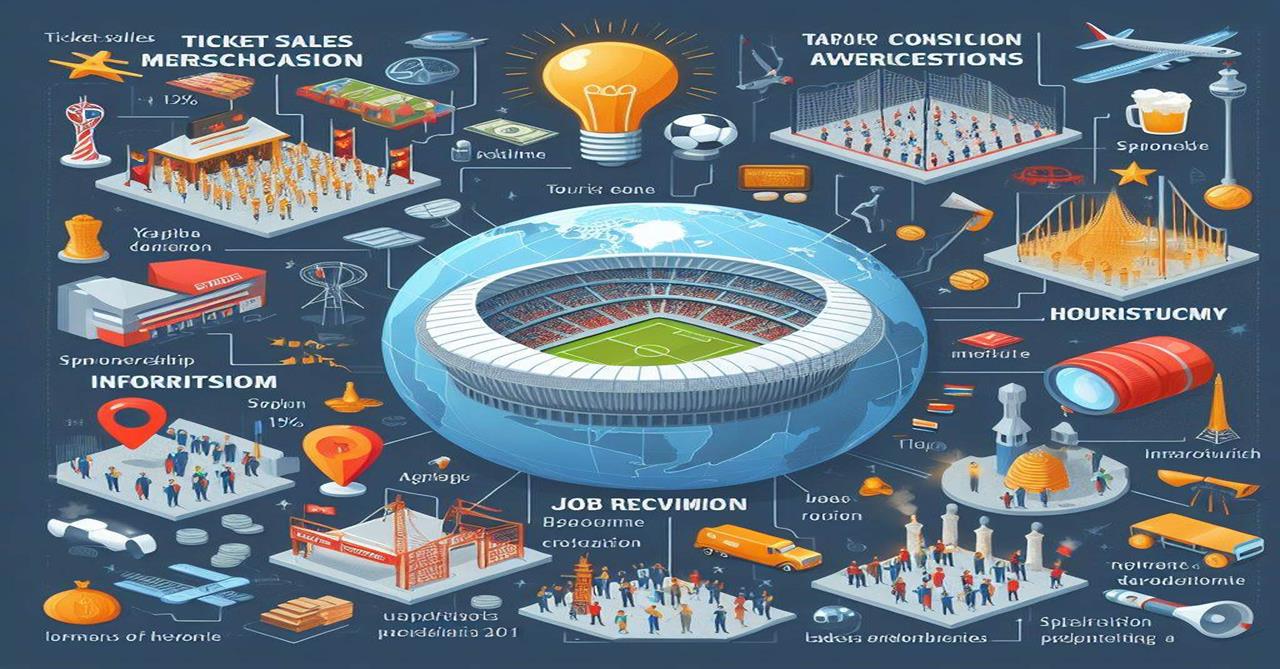
The Unsung Heroes: How International Organizations Safeguard Global Economic Stability
Imagine a world without traffic lights, rules of the road, or even clear directions. Chaos, right? Now, imagine that chaos on a global scale, involving billions of dollars, jobs, and the well-being of entire nations. That’s what the global economy could look like without the steady hand and guiding principles provided by International Organizations (IOs).
In an increasingly connected world, where an economic hiccup in one country can send ripples across continents, the role of these international bodies has become more critical than ever. They act as the "traffic cops," "firefighters," and "architects" of our global financial system, working tirelessly to prevent crises, promote growth, and ensure a more stable economic future for everyone.
This article will take a deep dive into the vital role of international organizations in maintaining global economic stability, explaining complex concepts in a way that’s easy for beginners to understand.
What Exactly Are International Organizations?
At its simplest, an International Organization (IO) is a group formed by countries working together on common goals. Think of it like a global club where countries agree to follow certain rules and cooperate to solve problems that affect more than one nation.
When it comes to the economy, these IOs deal with everything from how money moves between countries, to what rules govern trade, and even how to help poorer nations develop. They provide a forum for discussion, set standards, offer financial help, and mediate disputes, all with the aim of making the global economy more predictable and less prone to sudden shocks.
Why Do We Need Them? The Case for Global Cooperation
You might wonder, "Can’t countries just manage their own economies?" While national governments are certainly in charge of their own finances, the reality is that no country is an island. We live in a highly interdependent world, meaning what happens in one country can quickly affect others.
Here’s why global cooperation through IOs is essential for economic stability:
- Interconnectedness: A major financial crisis in one large economy (like the 2008 global financial crisis) can spread like wildfire, impacting banks, trade, and jobs worldwide.
- Shared Challenges: Issues like climate change, pandemics, or even cyberattacks have huge economic costs and cannot be solved by one country alone.
- Fair Play: Without agreed-upon rules for trade and finance, countries might engage in unfair practices, leading to disputes and instability.
- Support for the Vulnerable: Weaker economies often need a helping hand, whether it’s financial aid, technical advice, or debt relief, which IOs can coordinate.
- Predictability and Trust: When countries know there are agreed rules and institutions to enforce them, it builds trust, encourages investment, and makes the global economy more reliable.
Key Players: Who Are the Major Economic International Organizations?
Several prominent international organizations play distinct but complementary roles in fostering global economic stability. Let’s meet the most influential ones:
1. The International Monetary Fund (IMF)
- Think of them as: The global financial firefighter and economic doctor.
- Primary Goal: To ensure the stability of the international monetary system (how money flows between countries).
- How they help:
- Lender of Last Resort: When countries face severe financial crises (e.g., they can’t pay their debts or their currency is collapsing), the IMF provides emergency loans. These loans often come with conditions, requiring the borrowing country to make economic reforms to fix the underlying problems.
- Surveillance: They constantly monitor the economic health of member countries and the global economy, providing early warnings about potential risks.
- Technical Assistance: They offer advice and training to governments on how to manage their economies better, from tax collection to banking supervision.
2. The World Bank Group
- Think of them as: The long-term development investor and poverty reduction champion.
- Primary Goal: To reduce poverty and support development in developing countries.
- How they help:
- Loans and Grants: They provide financial support for long-term projects like building roads, schools, hospitals, power plants, and improving water supply.
- Policy Advice: They offer expertise and research to help countries design effective policies for sustainable growth and poverty reduction.
- Knowledge Sharing: They act as a global platform for sharing best practices and innovative solutions to development challenges.
- Focus Areas: Their work spans many areas crucial for economic stability, including education, health, agriculture, infrastructure, and good governance.
3. The World Trade Organization (WTO)
- Think of them as: The global traffic cop for trade.
- Primary Goal: To ensure that trade flows as smoothly, predictably, and freely as possible.
- How they help:
- Trade Rules: They set the global rules for trade between nations, covering goods, services, and intellectual property. These rules aim to prevent protectionism and ensure fair competition.
- Negotiations: They provide a forum for countries to negotiate new trade agreements and reduce barriers to trade (like tariffs).
- Dispute Settlement: When countries have trade disagreements (e.g., one country believes another is unfairly subsidizing its industries), the WTO provides a mechanism to resolve these disputes, helping to avoid trade wars.
4. The United Nations (UN) and its Related Bodies
- Think of them as: The overarching framework for global cooperation, including economic issues.
- Primary Goal: To promote international peace, security, and cooperation, which includes addressing global economic and social challenges.
- How they help:
- Broad Policy Frameworks: Through bodies like the Economic and Social Council (ECOSOC) and the UN Conference on Trade and Development (UNCTAD), the UN discusses broad economic policy, sustainable development, and global inequalities.
- Human Development: Agencies like the UN Development Programme (UNDP) focus on human development, which is foundational to long-term economic stability.
- Coordination: They often coordinate efforts across various international bodies and NGOs, especially in areas like humanitarian aid and disaster relief, which have significant economic implications.
How Do IOs Promote Global Economic Stability? (The Mechanisms)
Beyond their individual roles, these organizations collectively contribute to stability through several key mechanisms:
1. Crisis Prevention and Management
- Early Warning Systems: The IMF, for example, conducts regular "health checks" on member economies, identifying potential vulnerabilities before they escalate into full-blown crises.
- Coordinated Responses: In times of crisis, IOs facilitate coordinated international responses, preventing isolated problems from spiraling into global catastrophes. Their loans and policy advice help countries stabilize their economies and regain investor confidence.
2. Setting Rules and Standards
- Predictability: Agreed-upon rules for trade (WTO) and financial transactions (IMF) create a predictable environment for businesses and investors. This predictability reduces risk and encourages cross-border economic activity.
- Transparency: IOs often push for greater transparency in national economic policies and data, which helps build trust and allows for better informed decisions by all players.
- Financial Regulation: They promote international standards for banking and financial regulation, making the global financial system more resilient to shocks.
3. Promoting Development and Poverty Reduction
- Long-term Stability: Economic stability isn’t just about preventing crises; it’s also about fostering sustainable growth. The World Bank’s focus on development in poorer nations helps build stronger, more diversified economies that are less vulnerable to external shocks.
- Inclusive Growth: By addressing issues like education, health, and infrastructure, IOs help create more inclusive economies where more people can participate and benefit, reducing social unrest and promoting long-term stability.
4. Technical Assistance and Knowledge Sharing
- Building Capacity: IOs provide expert advice, training, and resources to governments, central banks, and other institutions in developing countries. This "capacity building" helps them manage their economies more effectively, implement sound policies, and respond to challenges.
- Best Practices: They serve as platforms for sharing research, data, and successful policy approaches from around the world, allowing countries to learn from each other’s experiences.
5. Dispute Resolution
- Avoiding Conflict: The WTO’s dispute settlement mechanism is crucial for resolving trade disagreements peacefully. Without it, countries might resort to retaliatory tariffs or trade wars, which can severely damage the global economy.
- Maintaining Order: By providing a neutral forum for resolving disputes, IOs help maintain order and prevent economic conflicts from escalating into broader political tensions.
Successes and Challenges
While the impact of IOs is often behind the scenes, their contributions are undeniable:
- Successes: The IMF played a crucial role in stabilizing economies during the Asian Financial Crisis in the late 1990s and the 2008 global financial crisis. The World Bank has contributed significantly to poverty reduction globally, helping millions escape extreme poverty. The WTO has overseen decades of increased global trade, which has boosted economic growth worldwide.
- Challenges:
- Sovereignty Concerns: Some argue that conditions attached to loans or policy advice from IOs can infringe on a country’s right to determine its own economic policies.
- Representation: There are ongoing debates about whether the voting power and leadership of some IOs (like the IMF and World Bank) adequately reflect the changing global economic landscape, with emerging economies seeking a stronger voice.
- Bureaucracy and Effectiveness: Like any large organization, IOs can sometimes be criticized for being slow, bureaucratic, or not always effective in their interventions.
- "One-Size-Fits-All" Criticism: Critics sometimes argue that the policy prescriptions offered by IOs might not always be suitable for the unique circumstances of every country.
The Future Role of International Organizations
As the world faces new and complex challenges – from climate change and pandemics to rapid technological advancements and rising geopolitical tensions – the role of International Organizations in ensuring global economic stability will only grow. They provide the essential framework for cooperation, risk management, and shared prosperity that no single nation can achieve alone.
While they face ongoing challenges and criticisms, their fundamental purpose remains vital: to navigate the complexities of our interconnected global economy, minimize risks, and build a more resilient and equitable future for all. They are indeed the unsung heroes working behind the scenes to keep the global economic engine running smoothly.




Post Comment